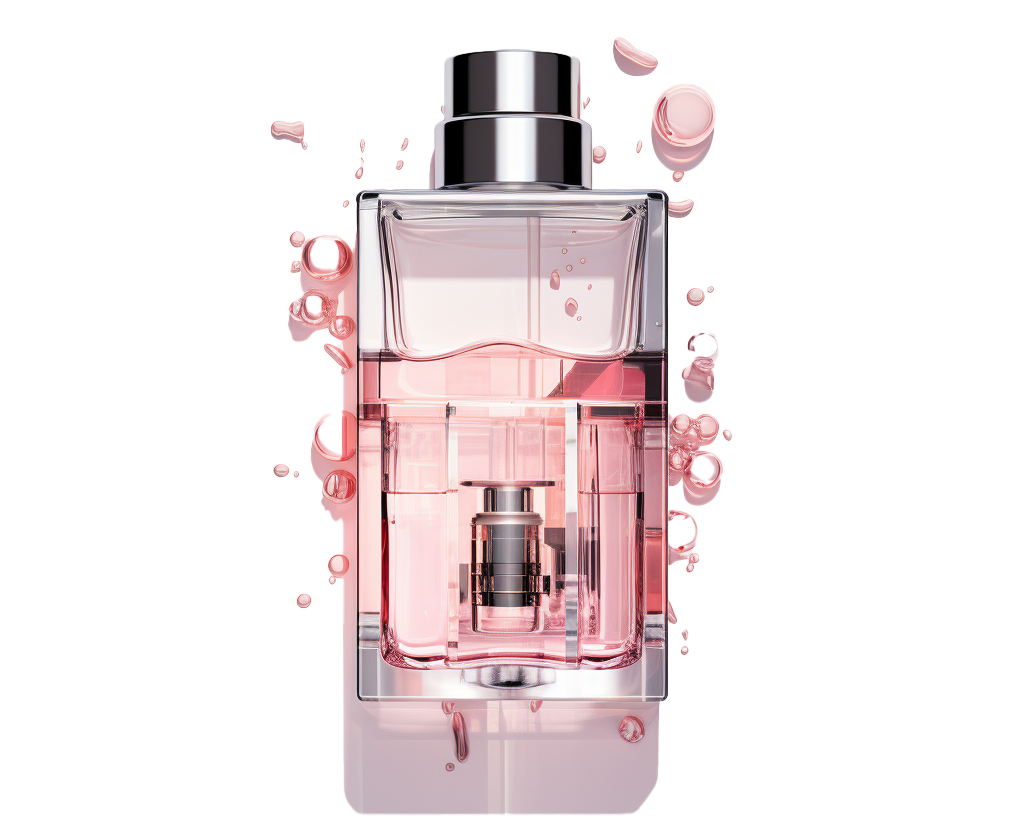Scented Bytes
Imagine a world where fragrances aren't just crafted by the hands of expert perfumers but are also fine-tuned by algorithms.
Earlier this year, I attended DLD Conference, where the world's sharpest minds share and ignite new ideas. Among the many innovative concepts, one particularly caught my nose: algorithmic perfumery.
The Scent of Data
A bit like a traditional perfumer who uses their experience and knowledge to combine different scents, the algorithmic perfumery brought together a set of presumably standard rules for mixing scents and refined them with the information about the client. I had to answer a lot of questions to get my scents generated. Most of them felt like questions a psychologist would add. “What is your mood when you wake up?” “Do you like to experiment?”.
After completing the survey, a robotic 'perfumer' (yes, that's the term!) filled up three fragrance bottles with perfumes that were as unique and tailored to my profile as it gets. While this machine wasn't operating on advanced generative AI models, the resulting fragrances were still very impressive.
I recorded a short video of the perfumery in action, which you can watch here. The perfumery is clearly still a prototype. It looks like something that you would find at a local Maker Faire rather than in a fancy store. It is enclosed in an industrial steel frame, with microcontrollers clearly visible next to each bottle. It makes sounds similar to those of floppy disks in the 80s. It has a beautiful smell and emits a whole rainbow of colours from its bottles. An intriguing mix of crude geekiness and art.
What if Generative AI ran the perfumery?
Generative AI, at its core, is about creating something new. Your social media feeds are undoubtedly filled with examples of ChatGPT and Midjourney. But there is so much more to generativity (I wrote about it here back in 2019): generative design can create new artifacts. So, why not perfumes? I can only imagine how much more impressive generative AI algorithms could be at deriving new fragrances.
And what would it mean for your business?
But this post is not about perfumes, even though it looks and smells like it. It is about the possibility to reimagine what seems like a traditional and well-tested process. My challenge to you is as follows: think about your industry. What aspects of it could benefit from generative approaches? Go beyond text, images, or music—that’s frankly a bit boring these days. What else? This is certainly not an easy task: not every business creates tangible artifacts. But give it some time: what is the equivalent of an algorithmic perfumery in your industry?
Stay curious,
Marek
P.S. For those keen on diving deeper into the world of algorithms and their implications in our digital economy, keep an eye out for my upcoming book, "Digital Minions: AI and the New Economy of Algorithms", releasing on the 5th of March, 2024. It's a comprehensive guide to understanding how algorithms, including AI, are shaping the way we live, work and think.




